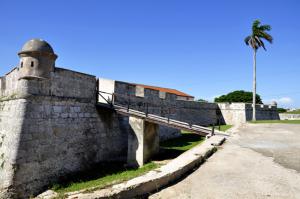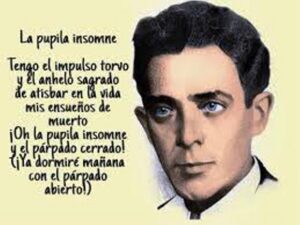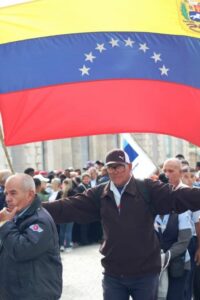Matanzas presents local development projects to promote tourism and culture.

The municipality of Matanzas prioritizes a series of local development projects that seek to promote sustainable tourism.

The municipality of Matanzas prioritizes a series of local development projects that seek to promote sustainable tourism. Among the most outstanding initiatives is El Palmar del Yumurí, a project that aims to offer tourist services centered on nature.
This initiative will allow visitors to interact directly with the natural environment of the Yumurí Valley, highlighting local biodiversity and promoting ecotourism as a viable option.
At El Palmar del Yumurí, the services to be offered include lodging, recreational areas and gastronomic options. The Creole food proposal seeks to highlight the rich culinary culture of Matanzas, attracting not only tourists, but also lovers of local cuisine.
Another significant project in the municipality’s portfolio is Palmar de Junco, which focuses on offering a community and scientific tourism product, designed as a cultural and business center, making it a focal point for commerce and specialized training in scientific services.
The proposal includes the creation of a commercial center, which aims to generate synergies between tourism and science, thus enhancing the local offer and adding value to the visitor experience.
The third project to be highlighted is the Castillo San Severino, which reinforces the role of the iconic property as a museum dedicated to the Route of the Enslaved People. This proposal, managed by the Provincial Center for Cultural Heritage of Matanzas, will enrich the cultural offerings of the city, providing a space for reflection and information on an important chapter of history.
The implementation of these projects positions Matanzas as a relevant tourist destination, which not only promotes the economy, but also fosters cultural and environmental awareness among visitors.
By promoting interaction with nature and culture, the municipality seeks to consolidate itself as a responsible and sustainable tourism destination.
Written by Gabriel Torres.




